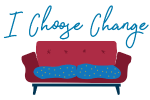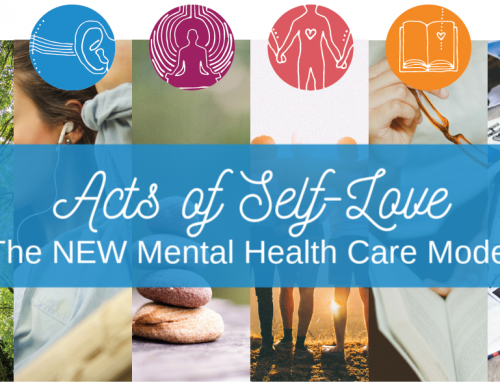Your life script is so automatic, that to change, you need to stop and just be the audience in the play of your own life. Observe the writing, directing, production and set design of your own life’s play – the one you’re creating.
As you begin to learn about who you are, understanding your powerlessness and power all at once, you will begin to realize that what you’ve learned about “who I am” is really an exercise in thousands of experiences which have occurred around you and which shape your mind into a story that you adopt as “mine.” The stories you hang on to about your life, and about the world around you, is what helps you make sense of ourselves and other people.
In your mind, you create our own narrative, which is to say, you create the stories which create your life. This may seem strange, but think about it a moment. We are all in our own worlds in which we make up stories about life. This “narrative” becomes our identity.
People are always eager to find themselves, but psychoanalyst Thomas Szasz says, “the self is not something one finds; it is something one creates.” Louis Cozolino says in “The Neuroscience of Psychotherapy” that our non-conscious decision-making penetrates and shapes the construction of the self.
Dan Siegel says stories not only shape our sense of self, they shape our culture, and that we are “storytelling creatures.” Stories others tell help instill wisdom through the generations. They also build beliefs. The beliefs you take in from other’s stories can then become your own beliefs, and hence, part of your own narrative. Your self-concept shapes and is shaped by the stories you tell yourself.
Stories can be both conscious and unconscious. Both beliefs you inherit and the memories you create are part of your story. When someone tells me, “that’s just who I am” I know what they’re really saying is, “this is the story I’ve chosen to take on.”
You wear your stories like armour. They make up who you are, and enable you to wear your stories like a cloak that gives you self-identity and self-concept. You “are” because of who you choose to be, based on the stories you tell yourself. Your stories are universal and span the entire lifespan. Stories play a major role in how you regulate how you feel as well as your memory processing. And finally, the stories you create are important to your everyday communication as well as your internal sense of self.
Your narrative is your belief structure. It’s easy to see how you can create errors of reality – how what you believe to be true is only a mere perception of your own reality and may not be other’s reality. Your narratives can be distorted.
As you change, you must ask yourself some difficult questions:
Do I like my behavior(s)? Do I like the story I’m writing for my life? Would I change the lines of my life’s play? And, if you did change them, how would those lines and that story be received by fellow actors (the people in your life)?
How you say things, how you do things, and the energy you bring to your play – to your life – determines your outcome. Change really is a choice.
(Image from here.)





